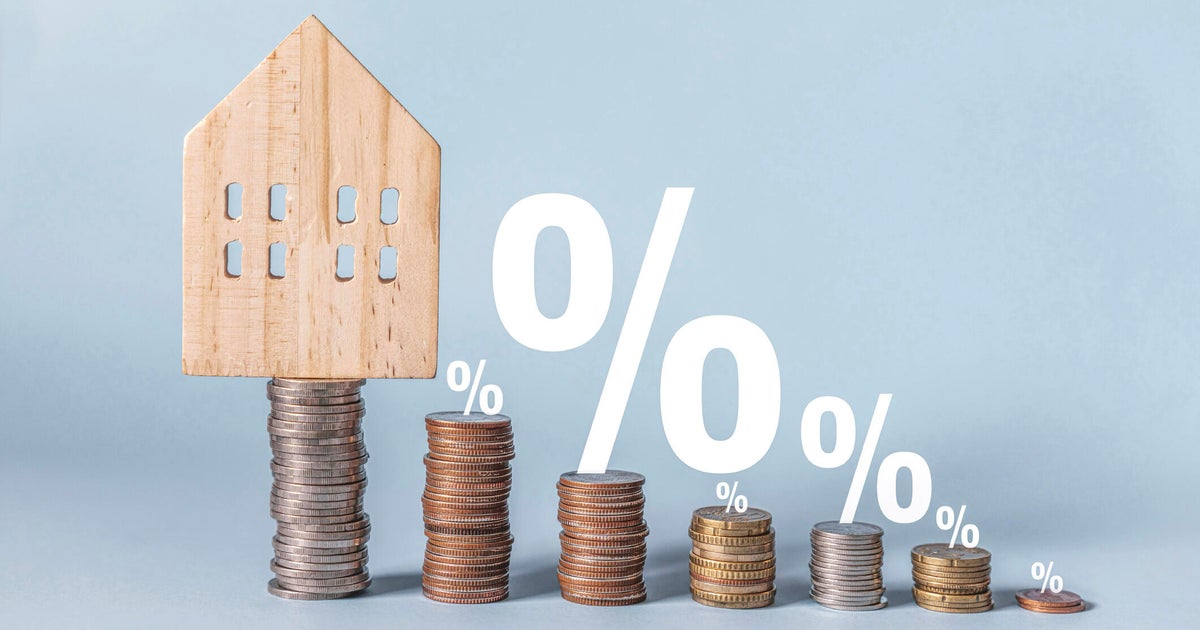Good Question: Why Are Mortgages Sold?
MINNEAPOLIS (WCCO) - After mortgage banker Alex Stenback of Alerus Mortgage helps people buy a new home, he sells off the mortgage.
"We sell everything that we do here," Stenback said. "When we sell them, it's one by one."
About 80 percent of home loans are eligible to be sold. Stenback says it can happen for a couple of reasons.
"One is there is $10 trillion in outstanding mortgages right now in the country and there's simply not enough deposits in all the banks to make that many mortgages," he said.
Stenback says the mortgages are sold to free up money to loan other people.
"The other reason is there a lot of interest rate risk for the bank associated with the mortgages," he said.
For example, if a loan is given at 4 percent, then rates rise and the bank has to pay depositors more interest than it's able to collect.
For homeowners, the most important things to understand about selling mortgages is that no matter who buys your mortgage, the terms of the loan cannot change. The only thing that changes for almost all homeowners is the address where they send the check.
The loans are generally sold at a profit to investors willing to take on that interest rate risk. Even if they are initially sold individually, like from Alerus, they are later bundled and sold into mortgage-backed securities and bonds.
"In theory, anybody can buy them, right? A lot of retirement accounts," he said. "Even a hedge fund could buy it. Banks buy a lot of mortgage-backed securities."
Many homeowners don't necessarily know who ends up buying their loans because the monthly checks are sent to the servicers of the loans - places like Wells Fargo, Citigroup, Bank of America or GMAC.
The servicers take a cut of the loan and, in return, do things like collect payments, prosecute foreclosures and manage escrow accounts.
"[Selling mortgages] is a good thing for homeowners because if we didn't have the ability to sell mortgages and replenish the capital in the banks to buy more home loans, everybody would be getting adjustable rate mortgages," Stenback said. "Liquidity would dry up. There's just simply not enough money in all the banks to make home loans."







